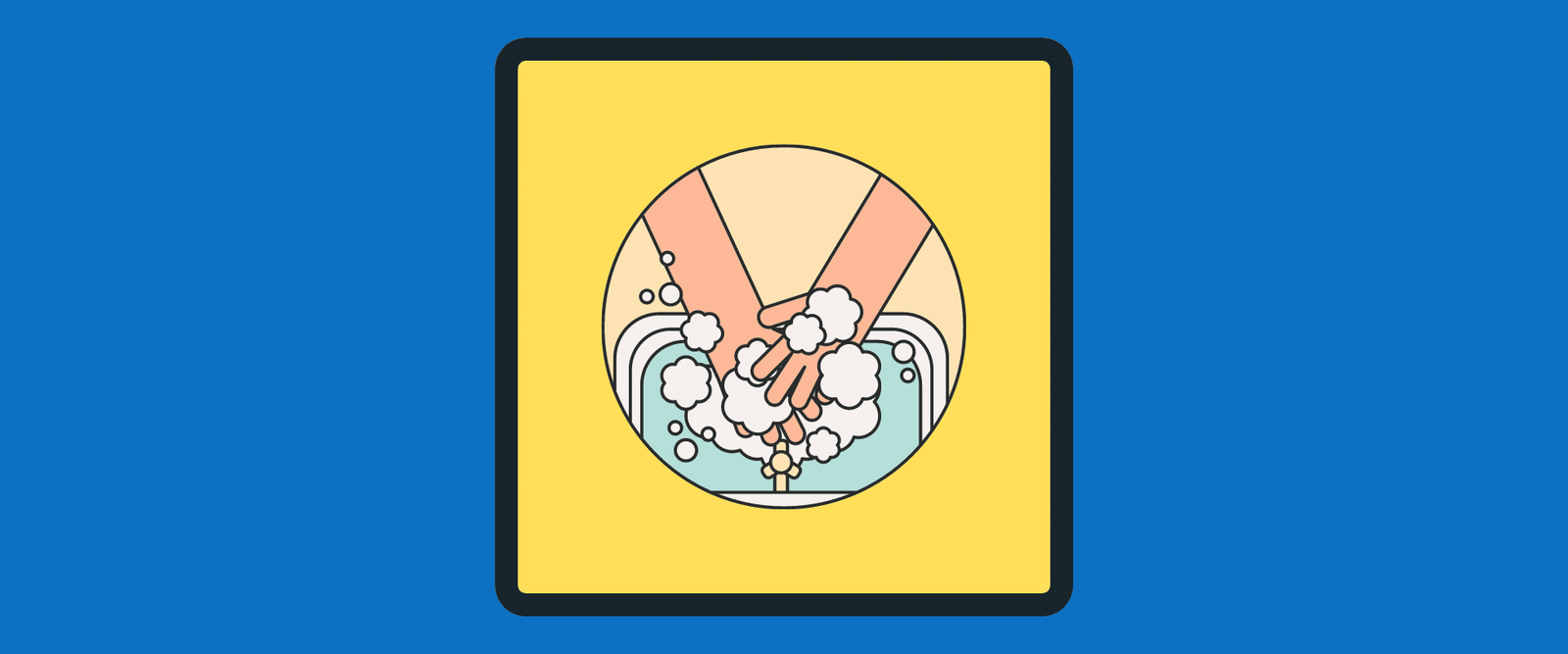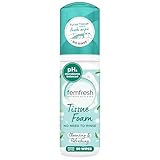Quick Answers
Personal Hygiene Essentials: Regular bathing and showering are crucial for preventing skin infections and maintaining comfort. Brushing teeth, cleaning and trimming nails, and grooming hair contribute to overall well-being and hygiene. Using gentle products and avoiding irritants are key aspects of personal hygiene.
Incontinence Care Guidelines: Managing incontinence is vital for preventing skin irritation and infections. Strengthening pelvic floor muscles, scheduling frequent toilet breaks, and limiting bladder irritants are recommended. Regular changes of absorbent materials and maintaining a clean routine are essential for health.
Skin and Foot Care Tips: Aging skin requires special care to prevent dryness, irritation, and infections. Drinking enough water, avoiding hot baths, and using a fragrance-free moisturizer contribute to skin health. Proper foot care, including wearing well-fitting shoes and inspecting feet regularly, helps prevent common foot issues in the elderly.
Top Personal Hygiene Products
As people age, their ability to maintain the most fundamental aspects of personal hygiene may decline due to mental and physical factors. Maintaining good hygiene is important for several reasons, including preventing illness and promoting overall health.
Personal Hygiene
This section will discuss the importance of regular bathing and showering, brushing teeth and maintaining oral hygiene, cleaning and trimming nails, and grooming hair.
Bathing and Showering: Regular bathing and showering can help prevent skin infections, reduce body odour, and increase feelings of cleanliness and comfort. It’s important to use warm, not hot, water and gentle soap to avoid irritating the skin.
Brushing Teeth and Maintaining Oral Hygiene: Brushing teeth twice daily and flossing daily can help prevent gum disease and tooth decay. It is also important to use fluoride toothpaste and replace the toothbrush every three to four months.
Cleaning and Trimming Nails: Keeping nails clean and trimmed can help prevent fungal infections and ingrown nails. It is important to use a sharp nail clipper and clean under the nails with soap and water or an antiseptic solution.
Grooming Hair: Regular hair washing and brushing can help prevent scalp infections and maintain healthy hair. It’s important to use a gentle shampoo and conditioner and avoid using hot styling tools that can damage the hair.
Incontinence Care
Many older adults struggle with incontinence, so it’s crucial to give them the care they need to maintain their hygiene and avoid becoming sick. This article’ll review why incontinence management is essential and provide some useful tools.
When people talk about incontinence, they usually mean the involuntary or unintentional leakage of urine or faeces. Age-related changes, medical disorders, and certain medicines are only a few of the possible emotional and physical triggers.
Reasons Why Incontinence Care Is Crucial To Your Health Keeping a clean and healthy incontinence routine is essential for avoiding skin irritation and infections. This involves utilising skin protectants, keeping skin clean and dry, and changing absorbent materials often to prevent irritation.
To manage incontinence, it is recommended to strengthen the pelvic floor muscles, schedule frequent toilet breaks, and limit bladder irritants like coffee and alcohol.
Skin Care
Ageing skin is more susceptible to dryness, irritation, and infection. Why and how to take care of your skin are the topics of this essay.
As we age, skin loses its elasticity and moisture, making it more susceptible to dryness, irritation, and infections.
Skin care is essential since it reduces the risk of skin problems and maintains a youthful appearance and texture. If you don’t use moisturiser regularly, your skin might become dry and flaky, and you should avoid hot showers and baths.
Drinking enough water, avoiding long, hot showers and baths, using a light, fragrance-free moisturiser, and not wearing too tight clothing can help maintain healthy skin.
Foot Care
Dry skin, infections, and painful disorders like foot ulcers and corn may all be more common in elderly feet. This article will cover why caring for your feet is important and how to do it.
Knowing About Aging Feet Muscle tone and flexibility decrease with age, leaving the feet more vulnerable to dry skin, infections, and unpleasant ailments.
Proper foot care is essential for avoiding foot disorders and keeping feet healthy. This involves keeping feet clean and dry, inspecting them often for cuts, blisters, and other injuries, and wearing shoes that are the right size and shape.
Wearing properly fitting shoes, cleaning and drying feet daily, checking for cuts, blisters, and other damage symptoms, and moisturising feet frequently to avoid dry skin are all good ways to keep feet healthy.
Summary Of Hygiene Care For The Elderly
Seniors need regular, thorough hygiene care to be healthy and happy. As a carer, you should know the value of clean living habits and do everything you can to help your charge keep them. Following the advice and suggestions in this manual will help ensure your loved one keeps clean and healthy.











